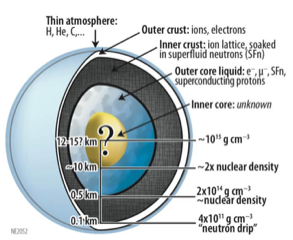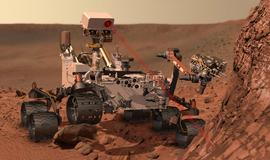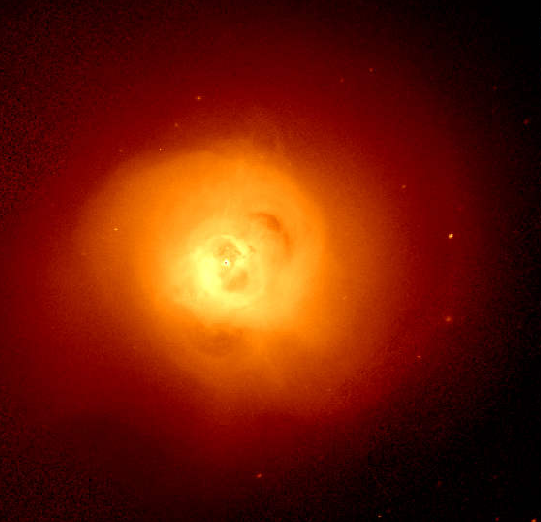Neutron stars as multi-messenger laboratories for nuclear physics
le 7 octobre 2022, 11h à 13h, Sébastien Guillot, salle Jules Verne, OMP, site Belin
Neutron stars are the extremely dense compact remnants of supernova explosions. Despite over 50 years of observations of neutron stars at all wavelengths, the composition and properties of the matter inside their core remain unknown because such densities are not accessible by Earth experiments (densities beyond nuclear densities, ~2×1014 g/cm3). Neutron stars are therefore unique laboratories to study the behaviour and composition of matter at these extreme densities. A variety of methods, using electromagnetic observations or gravitational waves, permit determining the masses and radii of neutron stars, and therefore constrain the interior densities of neutron stars. This seminar will present these observational methods, some of the current results, and prospects for the future.






